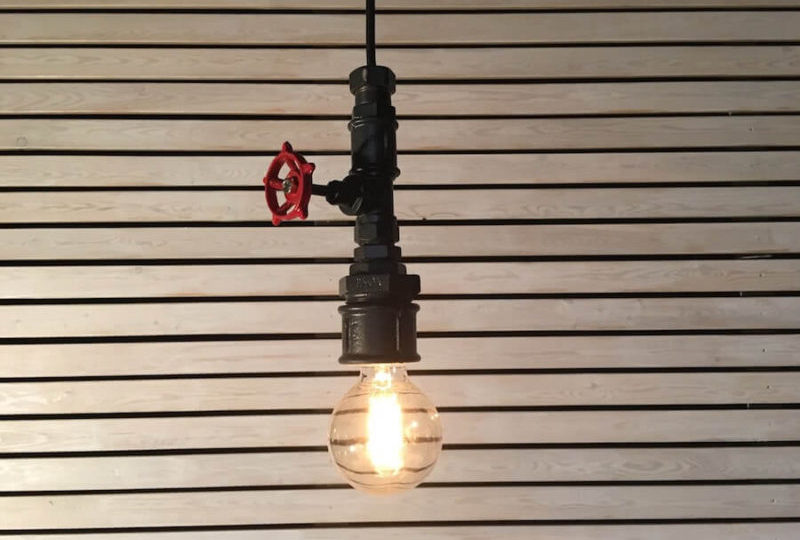Installing battery storage in your home does not necessarily mean that you can disconnect completely from the electrical grid. Generally speaking, going off grid is not practical for the average urban consumer because:
- it may be tough to store enough energy to reliably cover your use multiple cloudy days in winter
- it would not be possible to sell any surplus energy back to the grid if you are not connected to the grid
- significant extra costs would ensue (e.g. special additional equipment like the installation of an air-conditioning system) for the battery enclosure.
Most suburban homes in Australia are connected to the electricity grid, which uses alternating current electricity (AC). But the electricity generated by solar panels is direct current (DC). That means grid-connected (GC) solar PV systems need an inverter to transform the DC electricity into AC electricity suitable for ordinary household needs.
Houses with solar systems use solar power first before sourcing electricity from the grid. At night, when the panels are not producing electricity, power is supplied from the existing electricity grid. For systems that include a battery backup, the inverter regulates the charging of batteries during the day. The electricity stored in those batteries can then be used at night.

